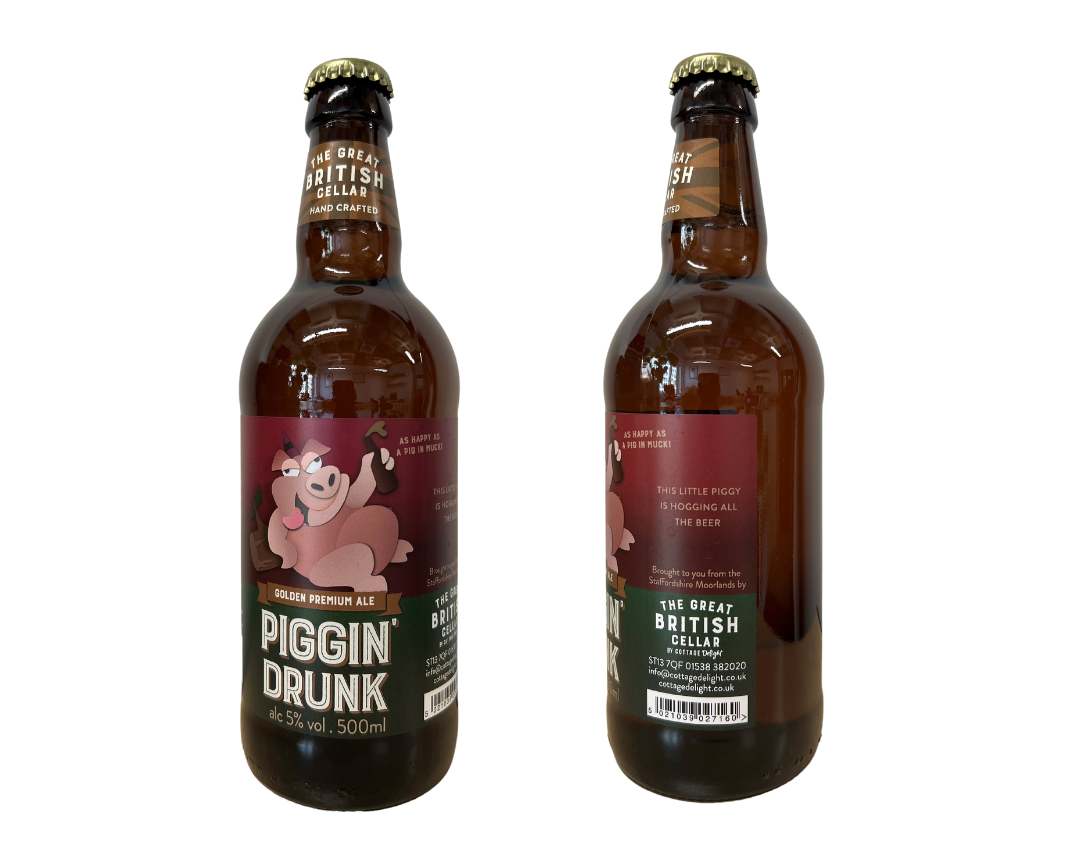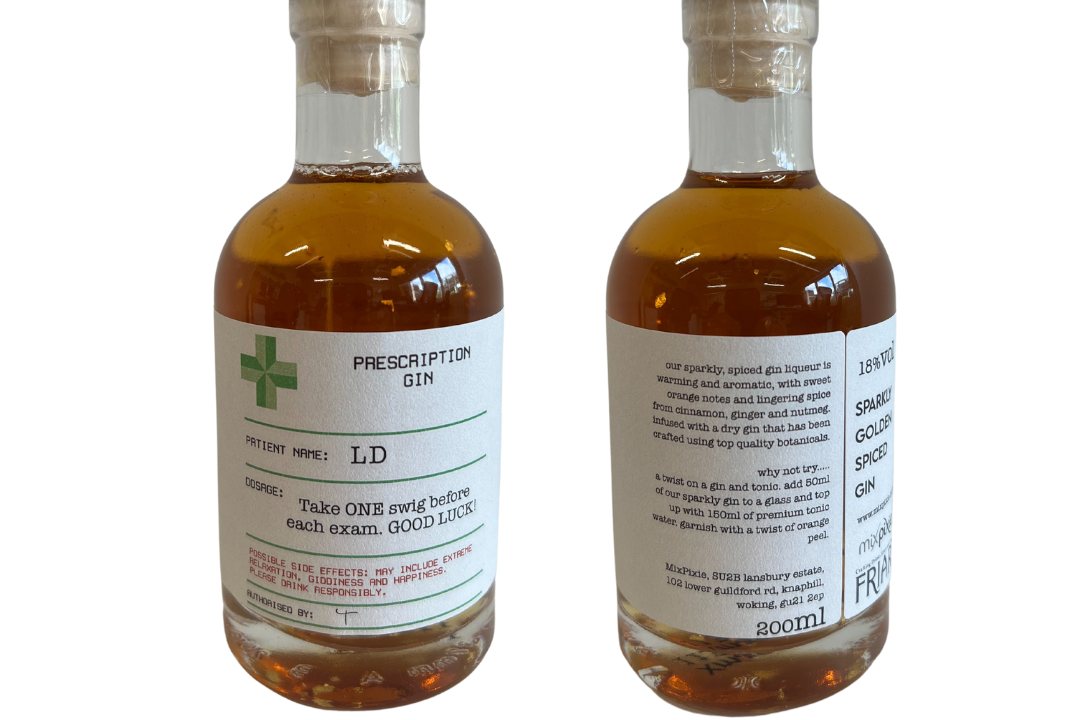
COMPLAINTS against a number of alcoholic drink brands have been upheld by the industry’s independent regulator, the Portman Group.
Corinthian Brands’ Dragon Soop variety ‘Venom’ – a 7.5% proof caffeine enhanced drink sold in 500ml cans – was the subject of a complaint by the Northern Ireland Alcohol and Drugs Alliance, which suggested that its packaging evoked ‘bravado’ in contravention of Code rule 3.2(b).
The Portman Panel agreed that the name ‘Venom’ would be recognised by the majority of UK consumers to mean ‘poison’ in its day-to-day usage and noted that in the context of a beverage which had a relatively high alcohol and caffeine content, the impression was that the product was being marketed on a danger association, and therefore required bravado to drink it.
Commenting on that decision, the Chair of the Independent Complaints Panel, Nicola Williams, said: “Whilst creativity and brands expressing their identities through their products is to be encouraged, care must be taken to avoid associating alcohol with bravado, or suggesting a consumer must be daring to drink it. In this case, the name and imagery created an overall impression that was over the line of acceptability. For these reasons, it was a breach of the Code.”
However, NIADA’s ‘Venom’ complaints were not upheld in relation to other Code rules. In particular, the panel concluded that the product’s muted colour scheme, font and imagery did not have a particular appeal to under 18s.
A spokesperson for the complainants said: “NIADA are delighted that one of the complaints lodged against the drink Dragon Soop has been upheld. We feel it is important as an alliance who deliver Alcohol and Drug services, to highlight the worrying trends and feedback from our young service users regarding caffeinated alcoholic drinks. We are satisfied with the response to this concern and look forward to any amendments made to the marketing of the brand as a result.
“NIADA continue to have concerns over the promotion of caffeinated alcoholic drinks particularly for younger users where the risk of the caffeine masking the effects of the alcohol may lead to increased health harms and disinhibited risky behaviours.”
 A complaint by Aberdeenshire Alcohol & Drug Partnership against ‘Piggin’ Drunk’ Ale was also upheld by the Portman Group.
A complaint by Aberdeenshire Alcohol & Drug Partnership against ‘Piggin’ Drunk’ Ale was also upheld by the Portman Group.
The 5.0% golden ale, produced by Cottage Delight and sold in 500ml bottles, was found to be packaged in breach of Code rule 3.2(f), as it encouraged ‘immoderate consumption’.
The Panel considered that the name ‘Piggin Drunk Ale’, as well as the phrase “this little piggy is hogging all the beer”on the side of the bottle, created an association with immoderate consumption and binge-drinking.
The Panel also expressed significant concern regarding an alcoholic product that incorporated the word ‘drunk’ in its name, and concluded there was a clear-cut breach of Code rule 3.2(f).
However, the complaint was not upheld under Code rule 3.2(h) with regard to particular appeal to under-18s. Whilst the product design featured a cartoon pig, the colour palette was again muted, and considered to have no particular appeal to under-18s.
Panel Chair Ms Williams said: “This product made multiple references to immoderate consumption and drunkenness, and therefore was a clear breach of the Code. I welcome the producer’s swift assurance that the product has been discontinued and that it will work with the Portman Group’s Advisory Service regarding any future designs.”
Cottage Delight commented: “We can confirm that we have taken swift action to discontinue the product. Furthermore, we have given our assurances to the Portman Group that we will work closely with them and check the compliance of any future product designs.”
Aberdeenshire Alcohol & Drug Partnership said: “Naturally we are pleased that the panel have upheld our complaint. It’s disappointing that some producers of a hazardous product continue to promote alcohol with apparent disregard to consumer health and Portman rules. It’s therefore pleasing that this decision comes at the time that the Scottish Government is consulting on proposals to regulate alcohol advertising and promotion in the interests of consumer health.”
 Another brand to fall foul of a Portman Panel judgement was MixPixie’s ‘Prescription Gin’, which has since been discontinued.
Another brand to fall foul of a Portman Panel judgement was MixPixie’s ‘Prescription Gin’, which has since been discontinued.
A member of the public raised the complaint over the product, which was designed to look like prescription medicine, in that the shape of the bottle, the name ‘prescription gin’ and the green cross displayed on the front of the bottle was replica of a UK pharmacy cross.
That complaint was upheld on two counts that the packaging encouraged irresponsible, and immoderate consumption, and suggested that the product had therapeutic qualities.
The Panel stated it was irresponsible to imply that an alcoholic drink was something to be prescribed or suggest that it could make an individual feel ‘better’.
Ms Williams commented: “It is wholly irresponsible to present an alcoholic drink as prescription medication and suggest that consumption of it can cure mental and physical ailments. In this case, the product also created a link to irresponsible and immoderate consumption which was particularly concerning when the product was encouraging consumption based on health grounds. Caution must be exercised with tongue in cheek marketing so that it does not breach the Code.”




















